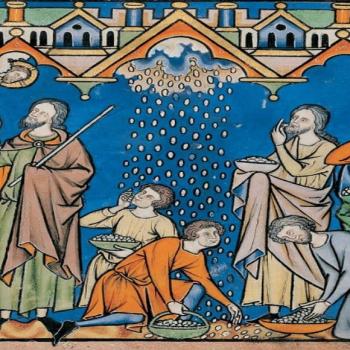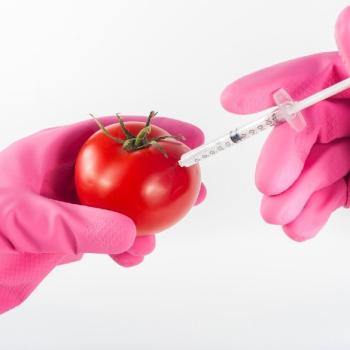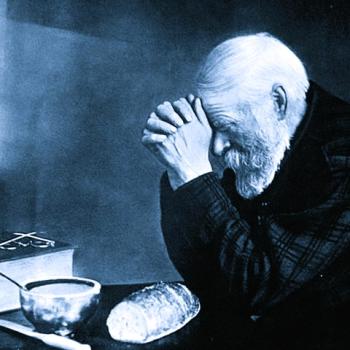Last updated on: September 17, 2023 at 9:45 am
By
Chef John Politte
0 Comments
The ethical debate surrounding the use of GMOs is centered on the question of whether it is morally justifiable to alter the genetic composition of living organisms. Critics argue that the use of GMOs is unethical because it involves tampering with the fundamental building blocks of life, and that such activities amount to assuming the role of a higher power by taking control over nature. Furthermore, they contend that the long-term effects of GMOs on the environment and human health are not yet fully understood, and that we should not be willing to risk causing irreversible harm. On the other hand, proponents of GMOs argue that they are crucial to addressing the global food crisis. With a burgeoning population, the demand for food is increasing, and traditional farming methods are no longer sufficient. GMOs can help to increase crop yields and make food production more efficient. Additionally, they argue that the use of GMOs can reduce the need for harmful pesticides and herbicides, which can be detrimental to both the environment and human health. Read more
















